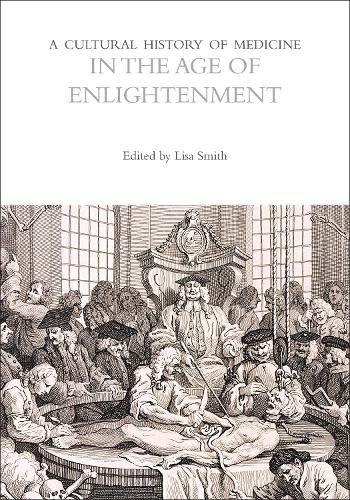
A Cultural History of Medicine in the Age of Enlightenment
(Paperback)
Publishing Details
A Cultural History of Medicine in the Age of Enlightenment
By (Author) Lisa Smith
Bloomsbury Publishing PLC
Bloomsbury Academic
17th October 2024
United Kingdom
Classifications
Tertiary Education
Non Fiction
Social and cultural history
610.9033
Physical Properties
Paperback
248
Width 170mm, Height 242mm, Spine 14mm
500g
Description
The Enlightenment, as concept and time period, was haunted by ambiguities about the relationships between mind and body, humans and the natural world, and reason and imagination. The 18th century was inherently contradictory, particularly when it came to ideas about medicine and the body. The growing optimism that medicine and science could control nature and disease was counterbalanced by the hierarchies of gender, race and class being fixed on the body. Enlightenment ideals emphasized rationalism and expertise, but they existed alongside religious belief and everyday authority. Focusing on Western Europe, this volume examines disability and suffering, emotional and physical sensations, supernatural phenomena and scepticism, medical authority and expertise, biologization and power, and bodily and environmental regulation. Volume contributors have used a range of cultural history methodologies from material history to discourse analysis to examine the Enlightenments tensions. The books chapters centre on topics (Environment, Food, Disease, Animals, Objects, Experiences, Mind/Brain and Authority) that have encouraged contributors to reframe their assumptions about the history of medicine and the Enlightenment.
Author Bio
Lisa Smith is Lecturer in Digital History at the University of Essex, UK.
